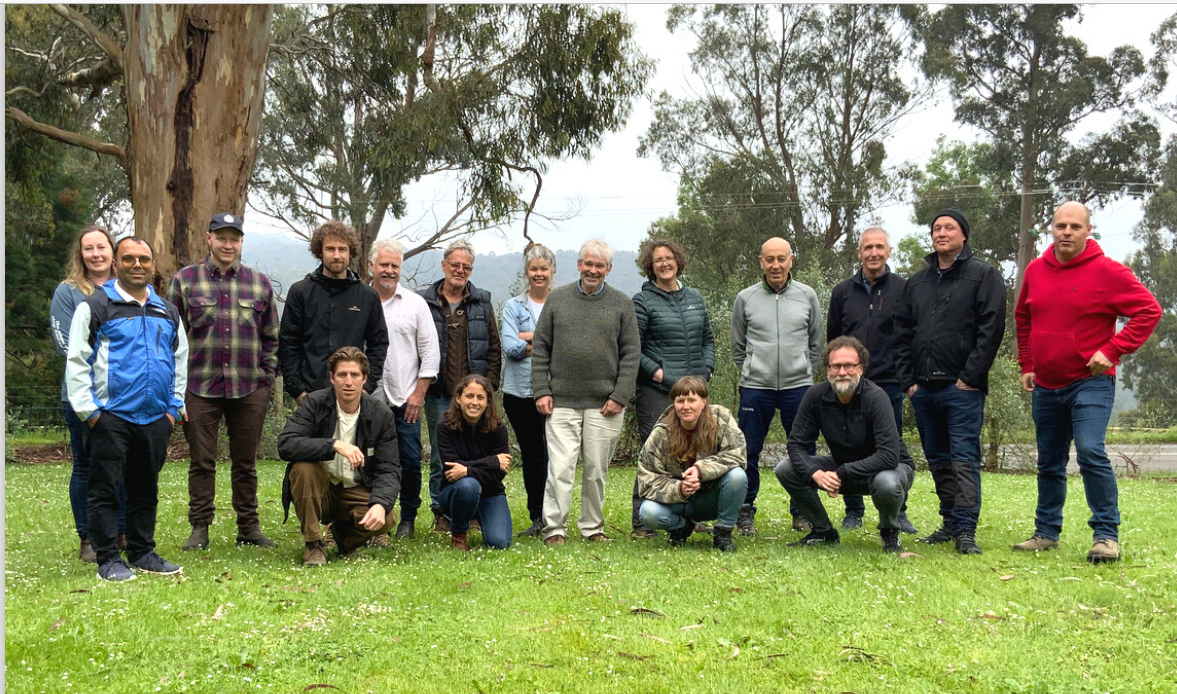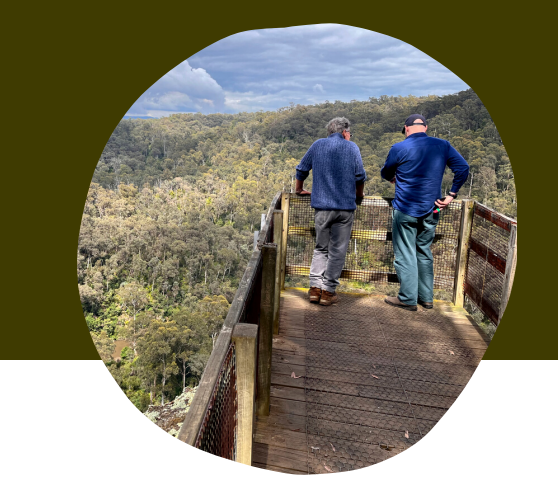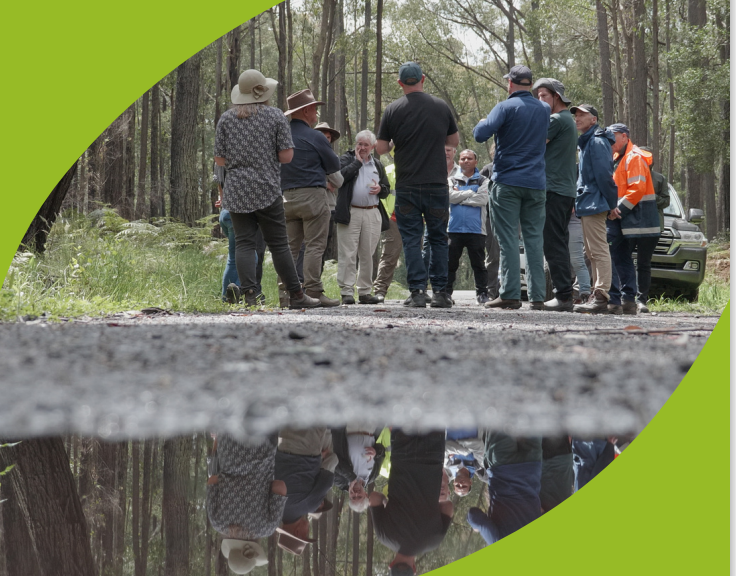The Rawson 'Scoping' Dialogue
In November 2022, we held our first Gippsland Forest Dialogue in Rawson, bringing together 20 forestry management experts, academics, conservation scientists and campaigners and other regional stakeholders.
To give Dialogue participants a baseline understanding of the elements that influence and shape the forests, a scoping paper was prepared showing six intertwined elements that need to be addressed: climate change, fire, cultural landscapes, water, industry and biodiversity.
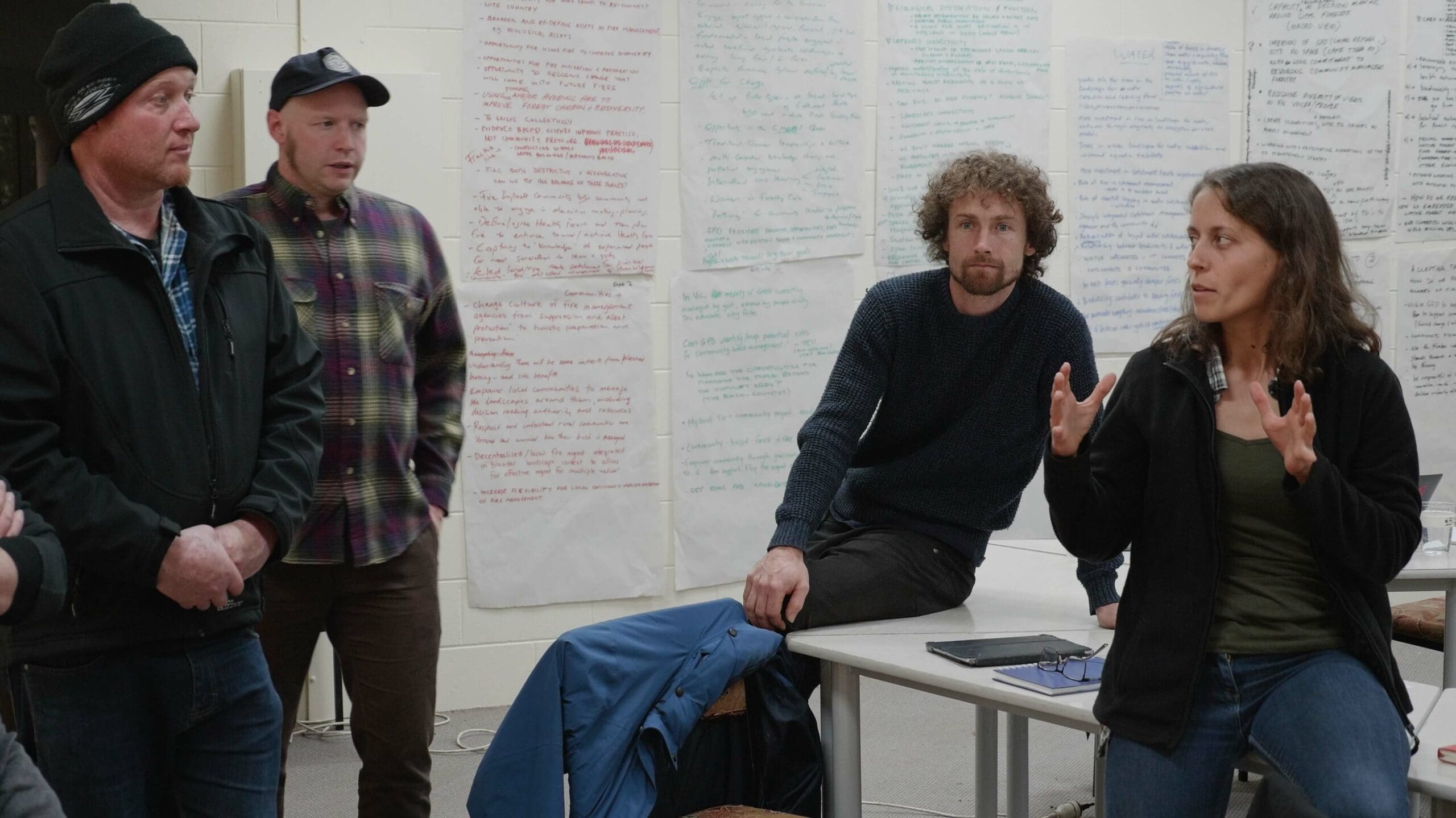
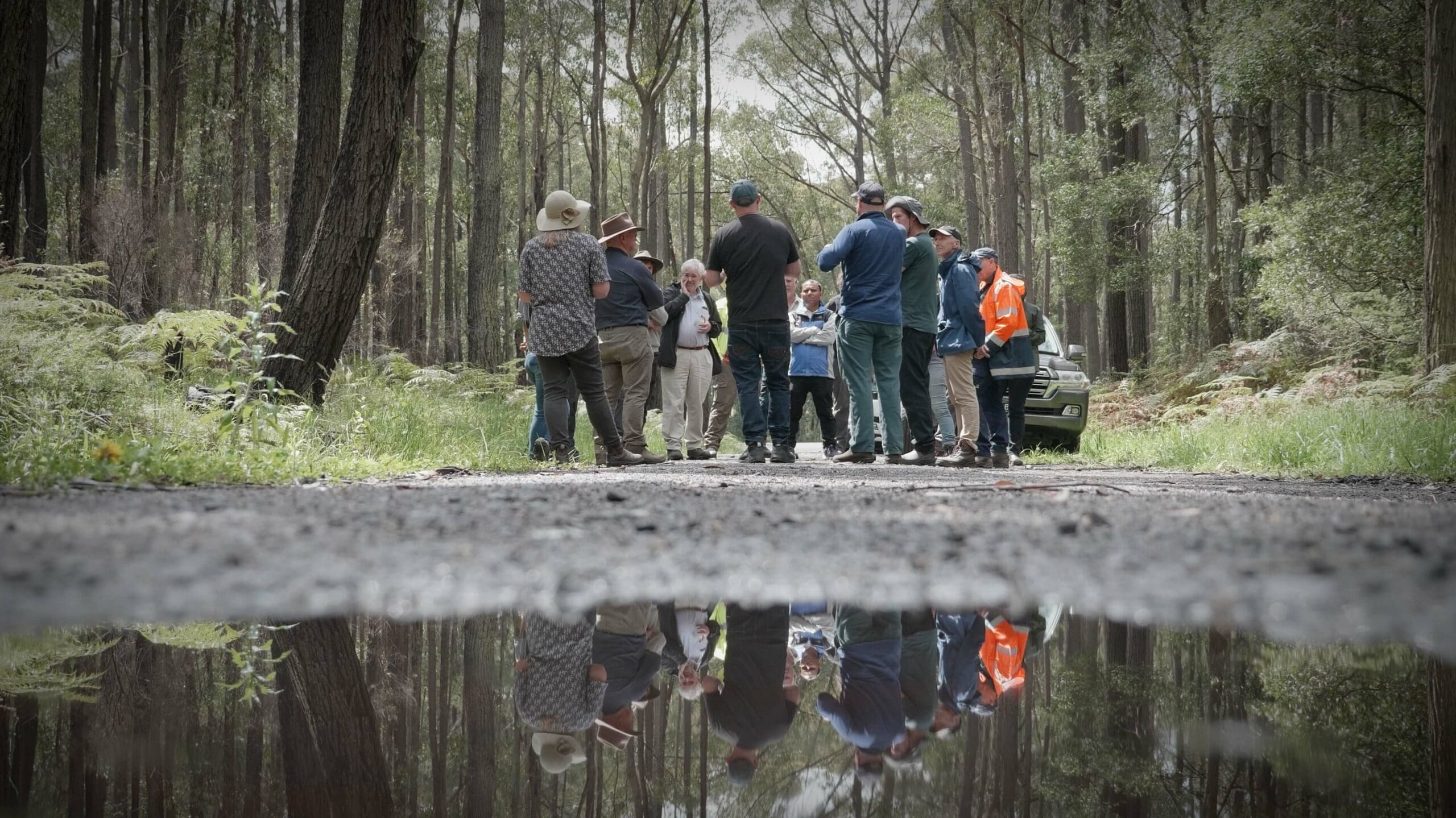
During the Dialogue, participants were encouraged to look across the landscape at all forest tenures - from state forests to national parks, plantations to farm trees and private land conservation - and discussed a range of different forest values, including water, biodiversity, traditional owner cultural landscapes, fire, industry and climate change.
“The Gippsland Forest Dialogue is the single most important forestry initiative in Australia. This is of, by and for the community. This is not experts paid for by the government telling people what to.” - Rawson Dialogue participant
The aims of the GFD Scoping Dialogue were to:
- Build a collective understanding of stakeholder perspectives, priorities and concerns, areas of agreement and disagreement, and knowledge and research gaps relating to ALL Gippsland’s forests (conservation zones, national parks, state multi-use including production forests, private land, softwood and hardwood plantations, and farm forestry);
- Foster collaboration among stakeholders, allowing forest managers, community members, conservationists, wood product producers, policy makers, academics, and other interested parties to learn from one another, trust each other, and synthesise current knowledge; and,
- Co-create an actionable plan that presents a path forward to mobilise stakeholder networks and advocate and influence positive changes for our forests and forest users.
The Dialogue Co-chairs then gathered these discussions, analysis and debate into a Co-chairs’ report. This fascinating and insightful process is now feeding into planning for our upcoming dialogues and projects, which are scheduled throughout 2023 and beyond.
